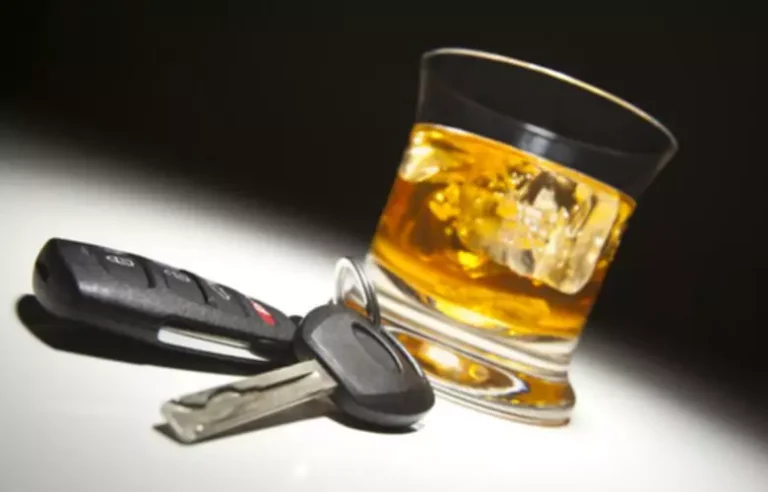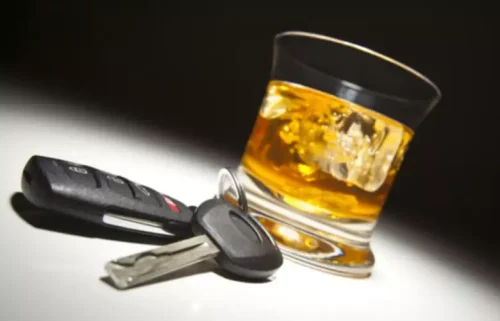
Failure to do so significantly lowers your chances of passing a drug test. It sounds gross, but the body reabsorbs and recycles many of the things it excretes into the intestines. This drug detox can be impacted by many factors, including your body fat, overall metabolic rate, as well as how much THC you consume. There is no magic to this method, nor is there a one-size-fits-all approach to rapidly trimming body fat through exercise and diet.
Health Challenges
- A urine test takes a visual and chemical examination of a urine sample to detect drug compounds that stay in pee.
- About 20% of the metabolites leave your body through urine, while the other 80% are removed as feces.
- Blood, urine or other lab tests are used to assess drug use, but they’re not a diagnostic test for addiction.
- Only trained and licensed medical professionals can provide such services.
The longer meth remains in your body, the greater the chances of it causing further damage to your physical and psychological health. Speedy detoxification minimizes these risks and accelerates your path to recovery. In addition to weight loss and tooth decay, methamphetamine abuse can also lead to skin sores. Meth users often experience intense itching, causing them to scratch their skin excessively. The combination of poor nutrition, weakened immune system, and impaired wound healing can increase the risk of infections. Methamphetamine can have profound negative impacts on various bodily systems.
How does THC move through the body and break down (metabolize)?
- To increase your fluid intake, you can also incorporate other hydrating beverages like herbal teas and fresh fruit juices.
- Methamphetamine use often leads to cognitive impairments, including memory loss and difficulty concentrating.
- Plus, too much niacin can lead to serious side effects, including liver damage.
- Addiction Resource does not offer medical diagnosis, treatment, or advice.
- Maskers often boost levels of creatine, a substance normally consumed via meat and fish.
- It is important to take precautions when engaging in sweat therapy.
- For context, Jolene’s marijuana consumption is probably slightly, but not much, below average for stoners.
There are many foods and perfectly legal products that can affect your test results. In addition to foods like poppy seeds and hemp-base products, a few prescription medications, like certain antidepressants and antibiotics, can cause false positives on a drug test. This cleansing program is designed for anyone that has a very high level of daily exposure, including heavy daily smoking, vaping, concentrates, or edibles.

What are your state’s drug testing laws?
Despite all the products that promise to do so, there’s no reliable way to quickly rid your body of a substance. To avoid a positive result, you’ll need to wait for your body to process things on its own timeline. Most ACV “cleanses” designed to help you avoid a positive result instruct you to consume at least a gallon of water in the hours leading up to the test. In some cases, providing diluted urine could cause you to automatically fail the test. In others, you’ll be asked to provide another sample, often under supervision. Though it’s best to allow THC to leave your body simply through time, some attempt to “speed up the process” with various methods.

Which type of drug test do you need to pass?
- So, if you’ve got a drug test coming up, ask your roommate to take it outside.
- THC builds up in fat tissue, and from there slowly spreads to the blood.
- Most of these methods work in conjunction with each other, and all of them benefit the body.
- Because of all these factors, there is no single standard detection time.
A 2017 review found that a person who has used cannabis just once may receive a positive urine test for up to 3 days after last use. There isn’t much you can do to speed up the amount of time it takes for THC metabolites to leave your system. Higher doses and more frequent use tend to increase the amount of time it takes to eliminate THC and its metabolites from your system. Several factors affect how long cannabis metabolites stay in your system. A 2020 review found that THC was still detected in the oral fluid of frequent smokers 72 hours after use.


